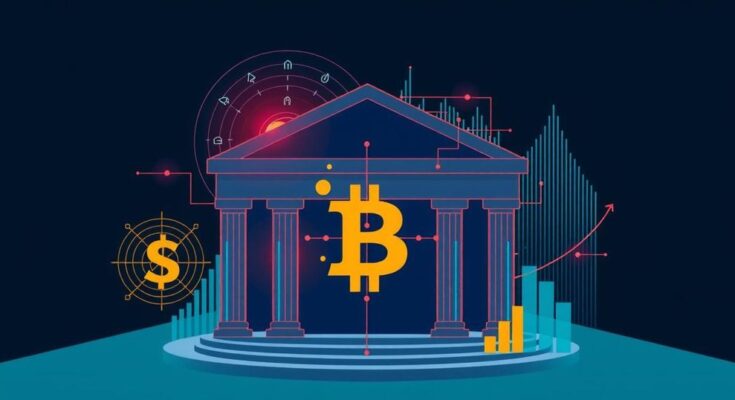The IMF approved a $1.4 billion funding package for El Salvador on March 3, 2025, contingent on changes to its bitcoin policies. Key requirements include allowing voluntary acceptance of bitcoin, limiting public sector accumulation, and regulating official electronic wallets. These measures aim to address financial stability concerns while maintaining bitcoin’s legal tender status in the country.
On March 3, 2025, the International Monetary Fund (IMF) approved a significant funding package worth $1.4 billion for El Salvador to aid the nation in its economic reform initiatives. This decision came after the Salvadoran government agreed to amend its bitcoin policy to allay the IMF’s concerns regarding financial stability. Consequently, several restrictions on bitcoin were imposed, limiting the country’s previous approach to cryptocurrency.
In 2021, President Nayib Bukele led El Salvador to become the first country to declare bitcoin as legal tender. This groundbreaking move drew apprehension from global financial institutions, especially the IMF, which cited risks to financial security and consumer protection. To align with IMF expectations, El Salvador reformed its bitcoin legislation in early 2025 as part of the financing agreement.
The IMF introduced several new conditions as part of its agreement with El Salvador, including the following:
1. Voluntary Acceptance of Bitcoin: Merchants will no longer be mandated to accept bitcoin as payment, allowing them to make independent choices regarding cryptocurrency transactions.
2. Reduction of Bitcoin in the Public Sector: The government will restrict the voluntary accumulation of bitcoin and limit the issuance of BTC-related debts to minimize exposure to market volatility.
3. Regulation of Public Electronic Wallets: The government’s digital wallet, Chivo, will either be divested or completely discarded, allowing room for private sector innovation in cryptocurrency services.
Critics view the agreement with the IMF as crucial for boosting investor confidence and maintaining economic stability in El Salvador. Additionally, this financial support may enable the country to access further investment from organizations such as the World Bank and the Inter-American Development Bank. Despite these newfound constraints, bitcoin maintains its legal tender status, and the government remains optimistic about the future potential of cryptocurrencies.
The situation in El Salvador underscores the complexities nations encounter when integrating cryptocurrencies into their financial frameworks. Moving forward, it is uncertain whether the government will adhere to these newly imposed conditions or if it will pursue aggressive bitcoin acquisitions as seen in December 2024.
In summary, the IMF’s recent conditional support for El Salvador highlights a shift towards greater regulation of bitcoin within the country while still maintaining its status as legal tender. This balancing act aims to satisfy IMF concerns while supporting the potential of cryptocurrencies. As El Salvador navigates these new challenges, its commitment to bitcoin remains to be seen, particularly in light of past actions to acquire substantial bitcoin holdings.
Original Source: www.cointribune.com




